"Carpet Grass" Problem
Just_nc
11 years ago
Related Stories

LANDSCAPE DESIGNIs It Time to Consider Fake Grass?
With more realistic-looking options than ever, synthetic turf can be a boon. Find the benefits and an installation how-to here
Full Story
DECORATING GUIDESGo for the Green: Artificial Grass Surprises, Inside and Out
Synthetic turf springs up on patios, living rooms, furniture and walls. Basement golf, anyone?
Full Story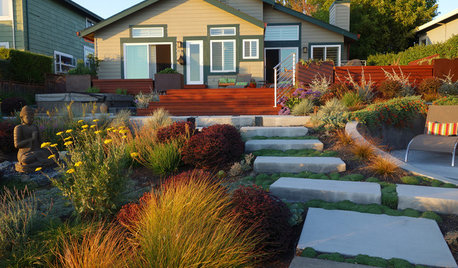
INSPIRING GARDENSInside Houzz: A Waterfront Property Ditches the Grass for a Garden
New drought-tolerant plantings and outdoor gathering spaces help this California backyard take in the view without wasting space or water
Full Story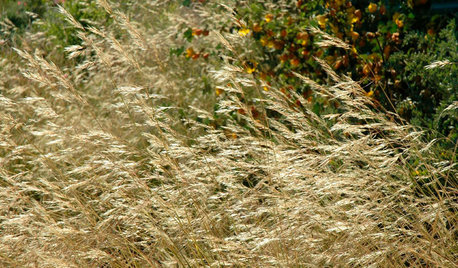
GARDENING GUIDESGreat Design Plant: Purple Needle Grass, California’s State Grass
The long-lived, drought-tolerant Stipa pulchra is as admired for its benefits as for its good looks
Full Story
DECORATING GUIDES5 Pet Problems Solved by Design
Design-Friendly Ideas for Pet Beds, Bowls, Doors — and yes, the Litter Box
Full Story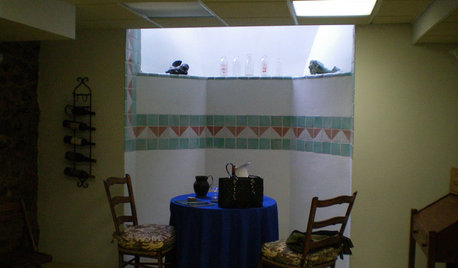
BASEMENTSBasement of the Week: High-End Problem Solving for a Show House
Dark and dated? Naturally. But this '70s-style basement had myriad other design issues too. See how the designer rose to the challenge
Full Story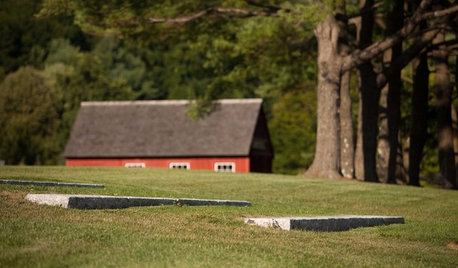
LANDSCAPE DESIGNProblem Solving With the Pros: Rustic Simplicity in a Country Garden
Editing thoughtfully and adding some magic result in a timeless weekend retreat
Full Story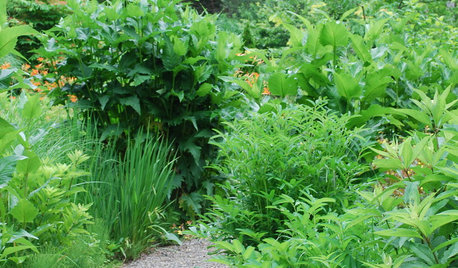
GARDENING GUIDESSolve 3 Common Landscape Problems — With More Plants
Sometimes the best defense is a good offense
Full Story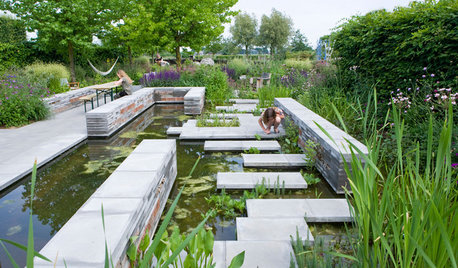
LANDSCAPE DESIGNProblem Solving With the Pros: A Garden Built From Scratch
Nature is reintroduced and redefined in a Dutch urban setting, to forge a dynamic relationship with city dwellers
Full Story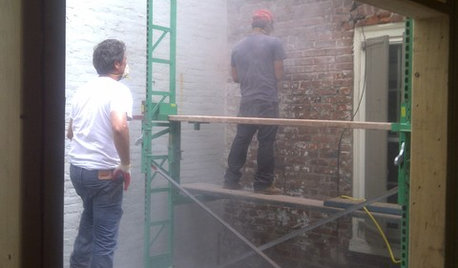
HOUSEKEEPING10 Problems Your House May Be Trying to Show You
Ignore some of these signs and you may end up with major issues. We tell you which are normal and which are cause for concern
Full StorySponsored
More Discussions






Lisa_H OK
Lisa_H OK
Related Professionals
Hyattsville Landscape Architects & Landscape Designers · Addison Landscape Contractors · Manhattan Landscape Contractors · Monterey Landscape Contractors · Wheat Ridge Landscape Contractors · Camp Springs Landscape Contractors · Brentwood Decks, Patios & Outdoor Enclosures · Conroe Decks, Patios & Outdoor Enclosures · Fishers Decks, Patios & Outdoor Enclosures · Kernersville Decks, Patios & Outdoor Enclosures · Marlboro Decks, Patios & Outdoor Enclosures · Palmetto Decks, Patios & Outdoor Enclosures · Reading Decks, Patios & Outdoor Enclosures · Verde Village Decks, Patios & Outdoor Enclosures · Truckee Decks, Patios & Outdoor EnclosuresOkiedawn OK Zone 7
User